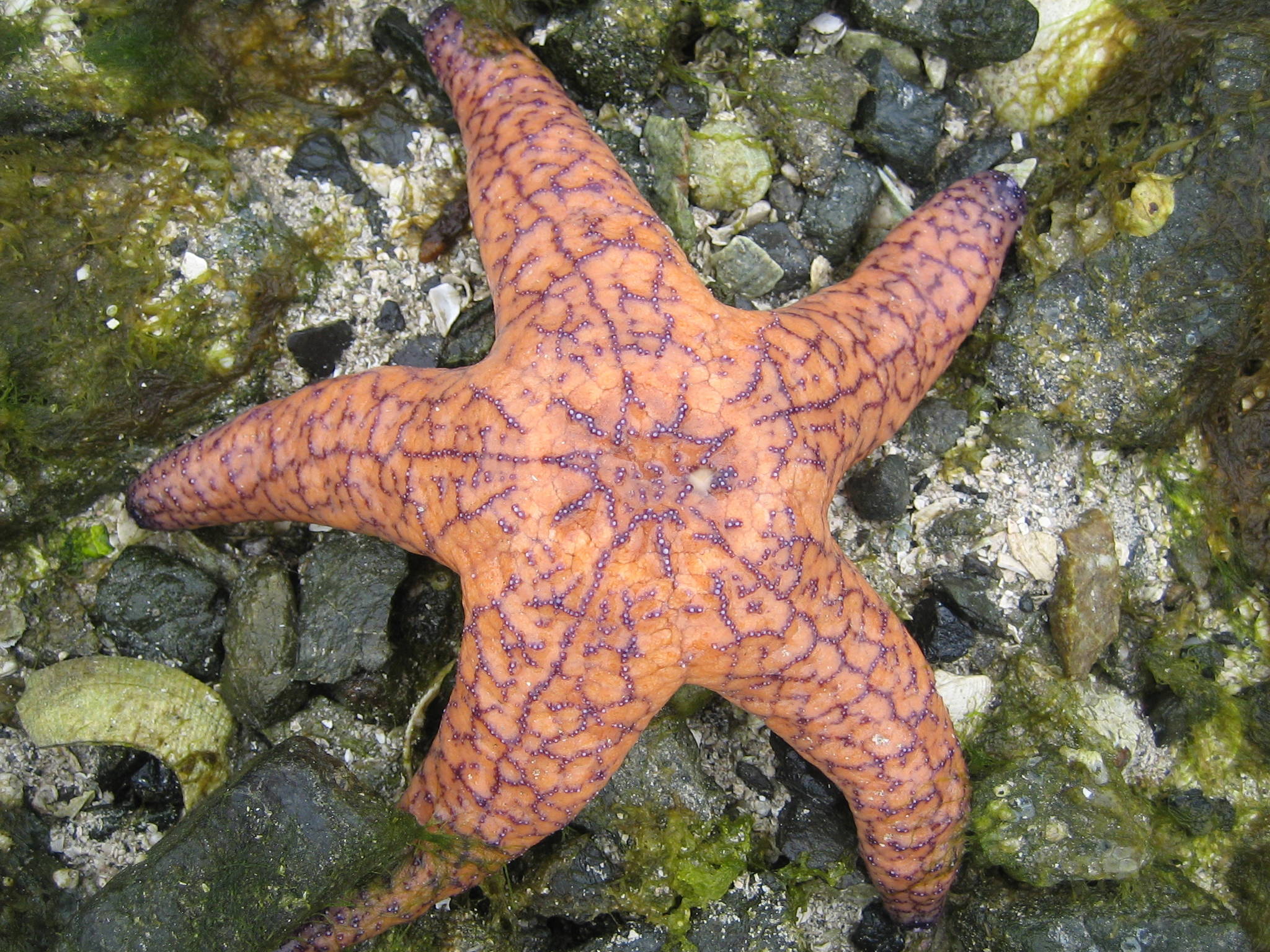The Indian Island Marine Health Observatory is seeking a new cohort of volunteers to help meet, greet, and guide summer visitors to Eastsound’s “window on the sea,” and protect the 2-acre island’s seabirds, tide-pools, and eelgrass meadows.
Special training sessions in the marine biology of East Sound will be held at Orcas Library on Saturday afternoon April 4, and on the beach on Saturday afternoon April 11. Space will be limited, so it is recommended that you register early by email: exploreindianisland@gmail.com. All ages are welcome, but participants are expected to “pay it forward” by volunteering to spend at least seven minus-tides at Indian Island this summer, working with Kwiaht scientists, Kwiaht’s Robyn Lowe youth steward, and experienced volunteers.
“Indian Island is a charmed little oasis for wildlife and surf so close to Main Street,” says Kwiaht director Russel Barsh, who has studied the island for the past ten years. “In sharing it with visitors, we also take responsibility for seeing that its fragile habitats are respected and that our guests from the mainland do not ‘love it to death.’”
Long term monitoring studies have shown that the beach and tide-pools are particularly vulnerable to human trampling and curiosity. Juvenile crabs rearing in the beach gravel declined sharply in recent years, Barsh says. Other factors are adding more stress to Indian Island wildlife. Warmer summers associated with climate change have driven many animals into deeper water, and muddy, nitrogen-rich storm sewer outflows have triggered “red tides” and smothered clams and cockles. “Keeping Indian Island lively and diverse is a challenge for the whole community.”
County, state and federal wildlife and conservation laws apply to Indian Island and Fishing Bay, Barsh says, “but on a summer weekend when the tide is out, the birds and sea stars depend on local volunteers to educate the crowds and minimize impacts.” The best part, he adds, is that volunteers can see the results of their efforts every day. “And visitors often say ‘thank you.’”



